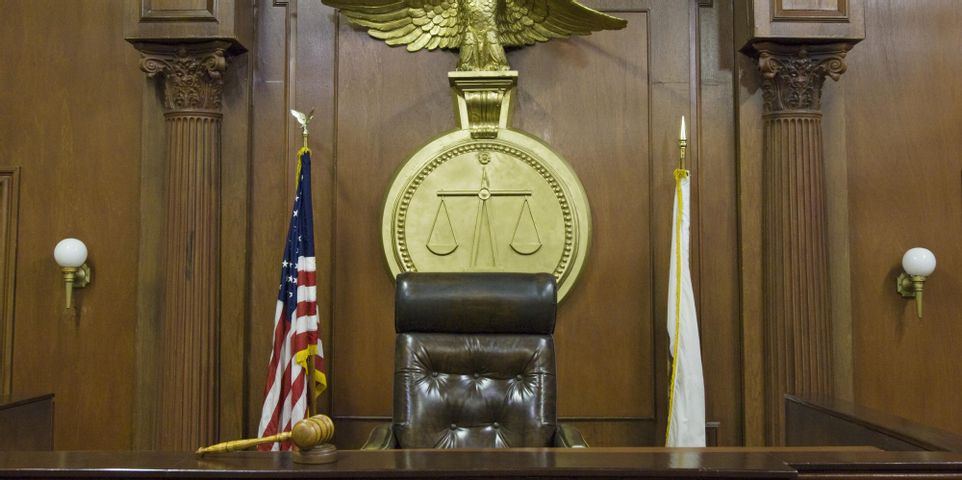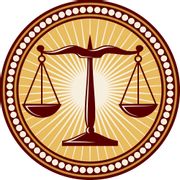
Probate is the court-supervised legal process of administering a person’s estate after they’ve passed away. This involves handling their final affairs and distributing their assets. Whether you’re in the midst of estate planning or you’ve been named the executor of a will, gain clarity on the probate process. One of its primary purposes is to determine the validity of a decedent’s will and prevent fraudulent activity from taking place. Below is an overview of how these proceedings work.
Understanding Probate
When Is Probate Required?
Not all estates are subject to probate. In Illinois, it’s only required if the decedent’s property, such as a car or home, was solely owned in their name and all of their probate assets are valued over $100,000. These include jewelry, artwork, furnishings, bank accounts, stocks and bonds, business interests, and real estate held by tenants-in-common. Also, any estate that doesn’t have a will must go through the probate process. When someone creates a will during estate planning, the executor is responsible for initiating the court proceedings.
What Happens During the Probate Process?
 Once the will has been validated, the executor may start carrying out its terms. First, they need to take inventory of the decedent’s assets, settle their debts, pay estate taxes, and make notifications of the death. Then, they can locate the beneficiaries and disburse their inheritance according to the decedent’s final wishes. There are many legal and financial documents to file with the court throughout this process, so it’s often helpful for an attorney with knowledge of estate planning and the applicable probate laws to represent the executor. If anyone contests the will, this is also handled in probate court.
Once the will has been validated, the executor may start carrying out its terms. First, they need to take inventory of the decedent’s assets, settle their debts, pay estate taxes, and make notifications of the death. Then, they can locate the beneficiaries and disburse their inheritance according to the decedent’s final wishes. There are many legal and financial documents to file with the court throughout this process, so it’s often helpful for an attorney with knowledge of estate planning and the applicable probate laws to represent the executor. If anyone contests the will, this is also handled in probate court.
If you’re looking for strategies to make probate less costly and time-consuming, turn to Larry J. Keller Attorney at Law. With more than 30 years of experience as a probate law attorney, he can provide effective strategies for meeting your estate planning goals or guide you through your role as an executor. Attorney Keller has worked with countless Waterloo, IL, residents as they navigate the various challenges of estate administration. Call (618) 939-8999 to schedule a consultation, or visit his website to learn more about the legal services he offers.
About the Business
Have a question? Ask the experts!
Send your question

